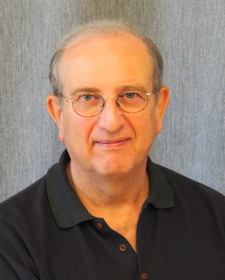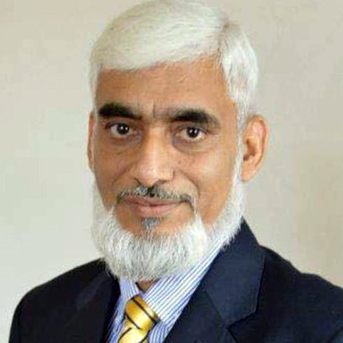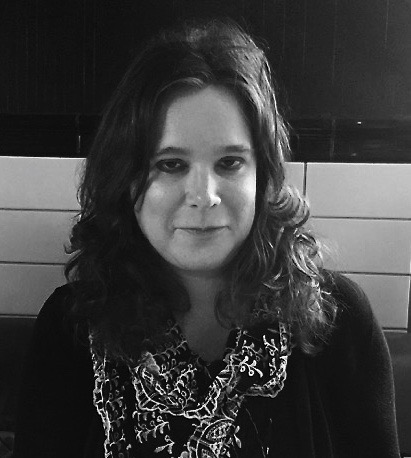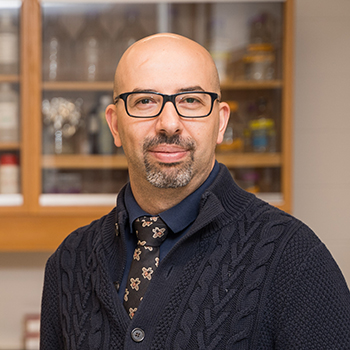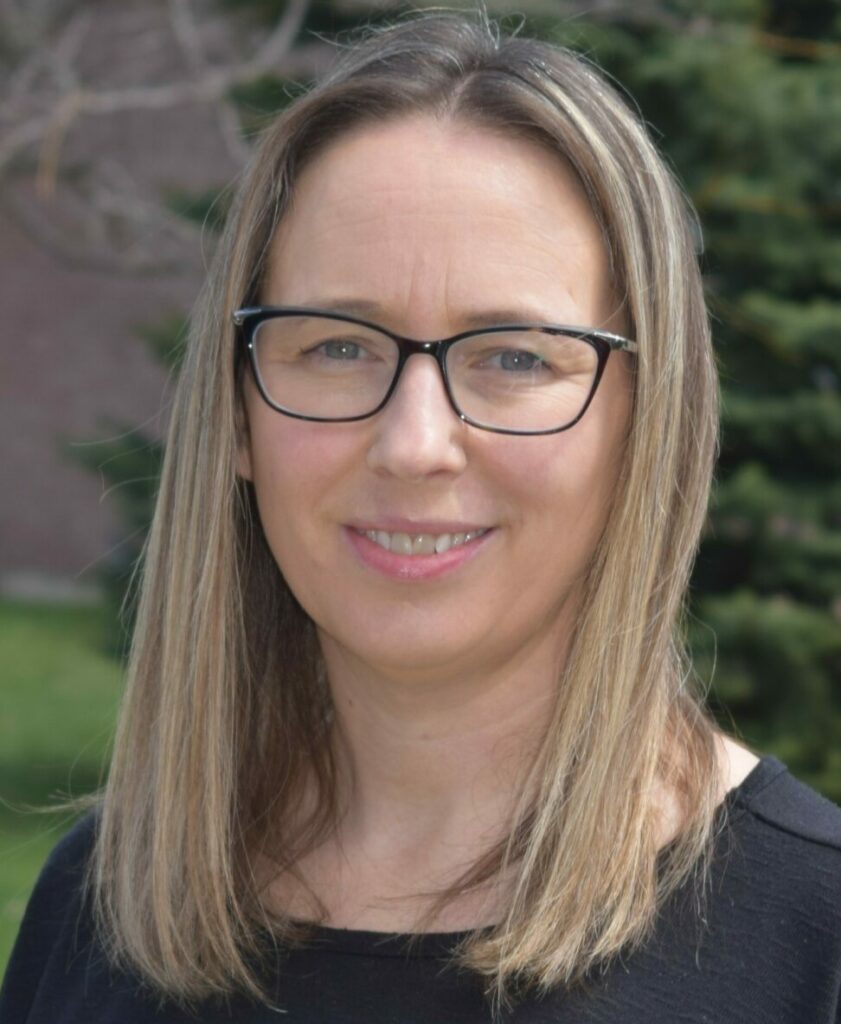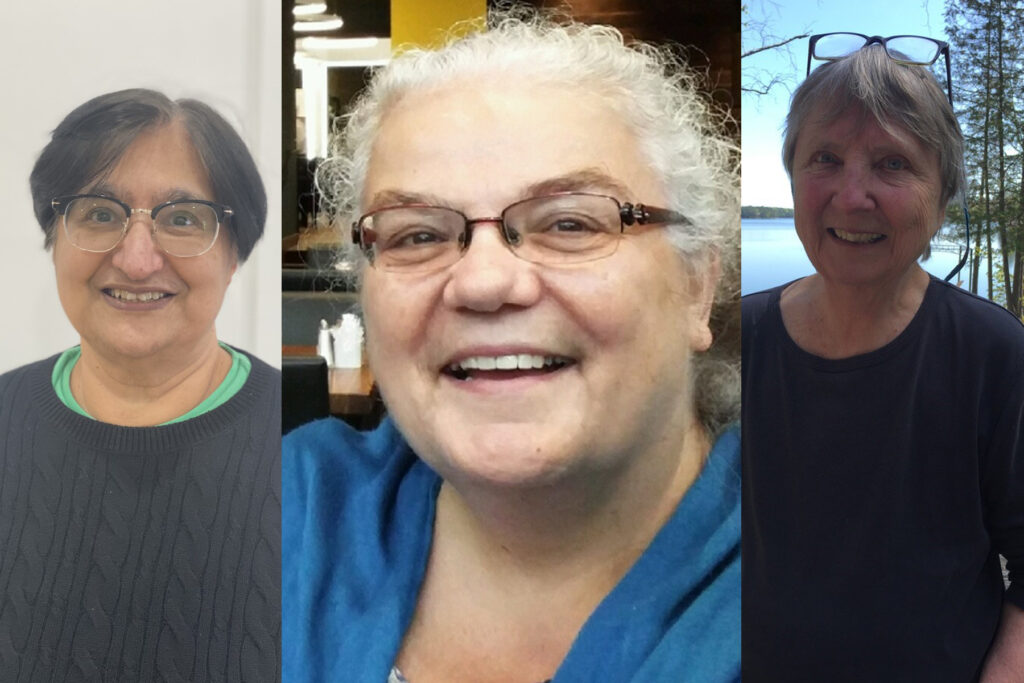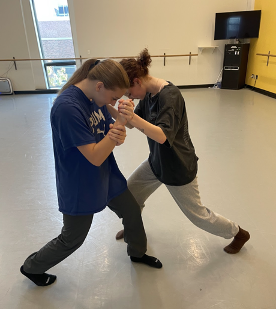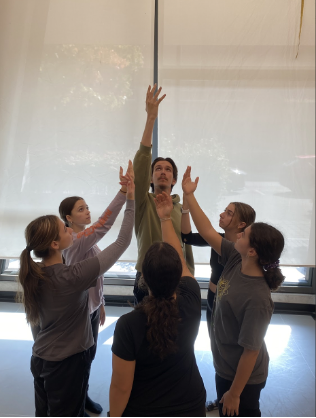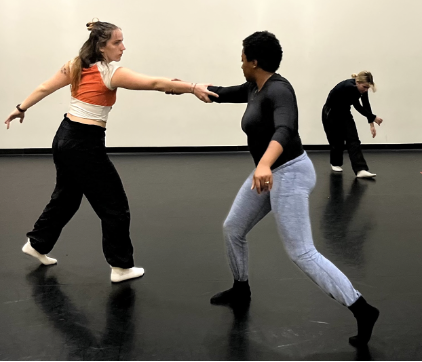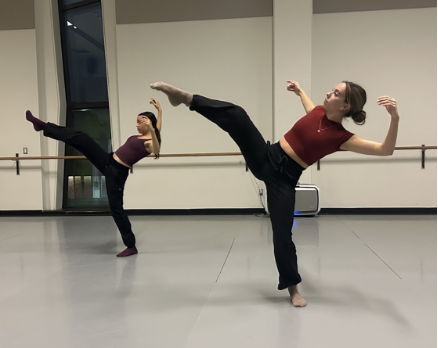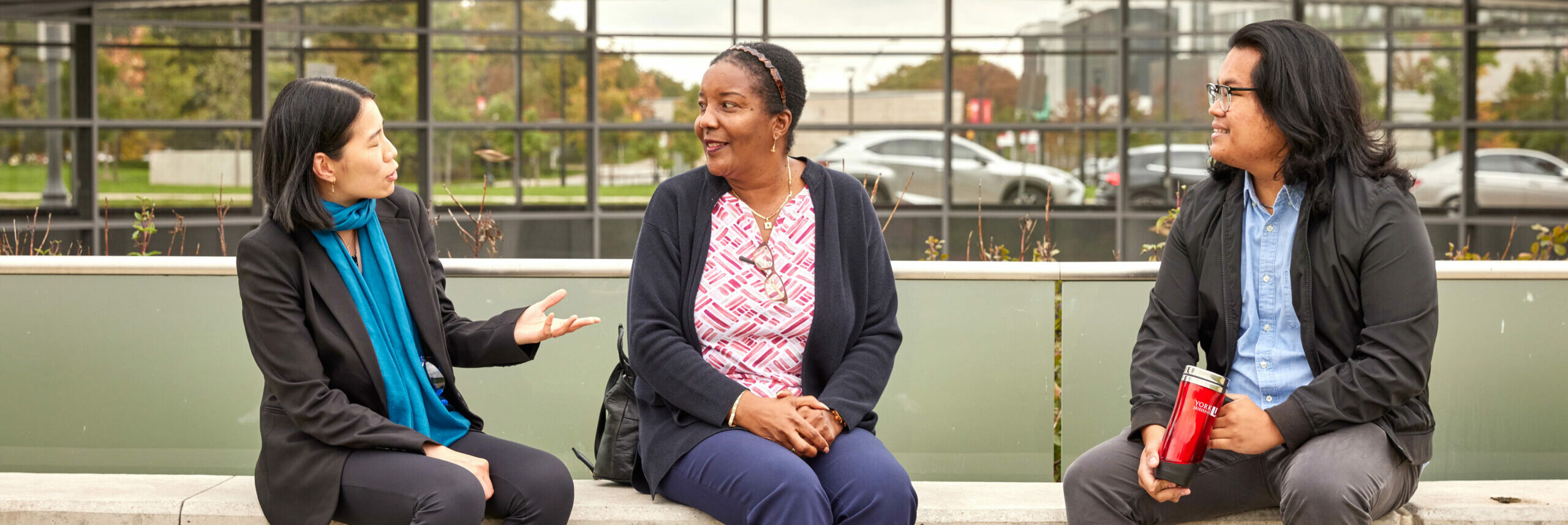York University is seeking members of the University community with an interest in decolonizing, equity, diversity and inclusion (DEDI) work. The DEDI Council is looking for those with diverse perspectives, experiences and talents.
This council provides advice for advancing York University’s DEDI initiatives, projects and practices, as well as oversight of the required actions from approved recommendations. The council enables and supports York students, faculty, instructors and staff to participate meaningfully in the planning and implementation of York’s DEDI Strategy, initiatives, projects and practices, with the goal of cultivating a diverse campus culture that is equitable and inclusive. The council will be guided by the principles set out in the DEDI Strategy.
The application period for at-large representative positions is now open. The application period will close at noon on Friday, Oct. 20. Find the application here.
Key objectives of the council
The council will:
- Receive annual updates on the progress of implementation of the DEDI Strategy and provide input and advice on the implementation.
- Monitor the external environment for emerging issues and promising practices on DEDI to provide advice to the University.
- Provide a forum in which members discuss DEDI challenges and identify opportunities to foster an integrated and collaborative approach to DEDI initiatives across the University.
- Receive advice and direction from the sub-committees of the council, which include RISE, Sex-Gen and Enable York.
- From time to time, connect with emerging communities of practice, such as gatherings of DEDI practitioners, affinity groups etc.
Council membership composition
The membership shall consist of no more than 25 members at any given time and will include no fewer than six faculty or instructors, six non-academic staff and four students, and will aim for representation from all campuses in the combined categories below.
Appointed members: members appointed by the vice-president equity, people and culture and/or the president, consisting of no more than 10 individuals, which may include, but is not limited to, appointments from any of the following: SexGen, RISE, Enable York, Indigenous Council, Black Inclusion Advisory Council, President’s Sustainability Council, appointments from the community at-large.
At-large representatives: through an open call for expressions of interest, at-large representatives will be selected by the vice-president equity, people and culture and a group of advisors, ensuring the selected representatives will be broad-based, and include members of the student body (both graduate and undergraduate), staff, instructors and faculty. A minimum of 12 and maximum of 14 members will be selected.
Chair: ex-officio (vice-president equity, people and culture).
Technical support: administrative and technical support for the council will be provided by the Office of the Vice-President Equity, People and Culture.
Committee member competencies:
The council is seeking members who can demonstrate some or all of the following competencies:
Knowledge of decolonizing, equity, diversity and inclusion in the post-secondary sector, which includes the knowledge, skills and dispositions needed to create learning environments that foster equitable participation of all groups and that seek to address issues of accessibility, equity and inclusion, oppression, privilege and power. Individuals with this competency have a sense of their own agency and social responsibility that includes others, their community and the larger global context.
Lived/living experience, including personal knowledge about the world gained through direct, first-hand involvement in everyday events as an individual who identifies as a member of at least one equity-deserving group as a part of their identity.
Ability to cultivate a common vision, including the ability to engage with students, faculty, staff and administrators to understand their unique and complex needs and commit to working collaboratively with all levels of leadership to build policies and programs that advance DEDI and equity-mindedness.
Institutional and political acumen, including an understanding of the University’s unique organizational and governance structures as well as its intersections with government, community and industry at all levels, which include law, policy and history; and an ability to respond effectively to sensitive situations, reconcile competing interests and build consensus around a policy and plan of action.
Results-orientation, including the ability to demonstrate strong commitment to the development of practical and effective strategies, actions etc., and an ability to develop and articulate goals that unite people in the pursuit of objectives worthy of their best efforts.
Time commitment and tenure:
Meetings are expected to be two hours in duration a minimum of two times per year, with an understanding that in the early years of the establishment of the council, the meeting frequency will likely be more.
Ex-officio members shall hold their position for the duration of their appointment in that role.
Students appointed to the council will serve either a one-year or two-year term, depending on their ability to make such a commitment.
Employees appointed to the council will require acknowledgement and permission to serve on the council by their supervisor and will serve a two-year term. Two-year terms will be scheduled on a staggered basis to ensure overlap of council membership. The first year of the council’s existence will require some appointments to be either a one- or two-year term to support this staggered approach to membership.
The website Terms of Reference for the Council can be found here. For more on York’s work in DEDI, visit yorku.ca/vpepc and yorku.ca/dedi-strategy.
